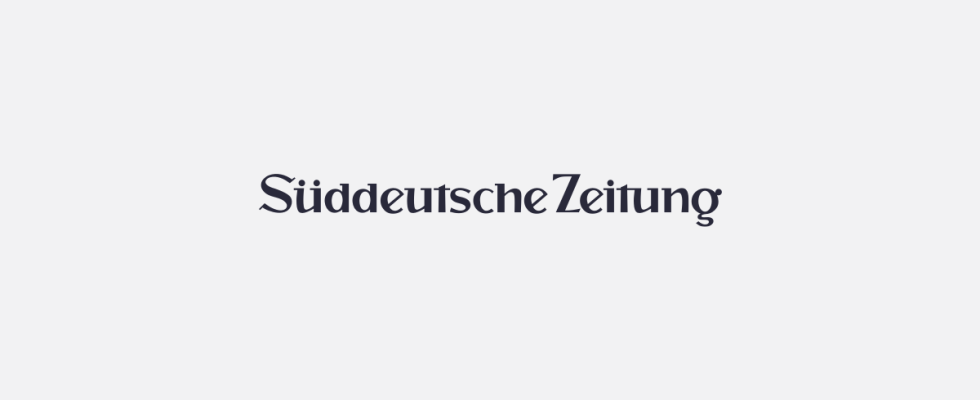At the start of the Gamescom computer game fair, the domestic industry must continue to worry about funding. Because according to a proposal by the Federal Ministry of Economics, only 48.7 million euros should flow to games companies in the coming year and thus less than the 70 million awarded in 2023. The funds previously estimated for 2024 are only sufficient to service claims from applications that have already been approved – new funding applications would not be possible next year. The industry association Game considers 125 million euros to be necessary to cover the demand. Federal politicians are now reacting cautiously to the demand for more money.
“We can only spend more money if there are cuts in other areas of the budget of the Federal Ministry of Economics,” says the games policy spokesman for the FDP parliamentary group, Reinhard Houben. Simply providing additional funds without making cuts elsewhere would not be right in view of the tight budgetary situation. However, extra funds might still be freed up if the tax estimate in November turns out to be positive.
The computer and video games industry has experienced strong growth because people spent a lot of time at home during the Corona period and immersed themselves in virtual gaming worlds. However, only about four percent of the sales that the industry generates with games and hardware can be traced back to domestic developments. In 2022, the industry received 50 million euros in federal funding, in 2023 it will be 70 million and in 2024, according to the proposal of the Federal Ministry of Economics, only 48.7 million euros.
“We must work to ensure that Germany is not only a large sales market for computer games, but also plays a greater role as a development and production location,” says FDP politician Houben. The promotion of games is important for this, but subsidies are not a panacea in a creative industry. “Money alone doesn’t trigger ideas for a good story that is told in a computer game,” says the liberal, pointing out the bureaucratic effort involved in funding programs.
The games industry is not only committed to subsidies, but also to tax breaks. In the digital age, strong growth is also forecast for the computer game industry in the future. The market research company Newzoo estimates that the global games market will grow from 188 billion dollars (172 billion euros) to 212 billion dollars between 2023 and 2026. Industry experts also see the future of the German games market as positive. PwC, for example, expects an average annual increase of 6.8 percent by 2026. From the point of view of the games industry association, such growth prospects illustrate the urgency of subsidies so that German developers can participate in the upswing can.
An opening show of Gamescom is on the program in Cologne on Tuesday evening, it is the world’s largest trade fair for computer games and video games. On Wednesday, journalists, trade visitors and some game fans are admitted, from Thursday to Sunday the general public is allowed in. The rush is likely to be large, the fair is already sold out for Saturday. Last year there were 265,000 visitors at Gamescom, this year there could be more. The offer is bigger than ever, the number of exhibitors has increased from 1135 to 1227 from 63 countries and the exhibition area has increased by 10,000 to 230,000 square meters. Federal Economics Minister Robert Habeck (Greens) is also expected as a guest.

